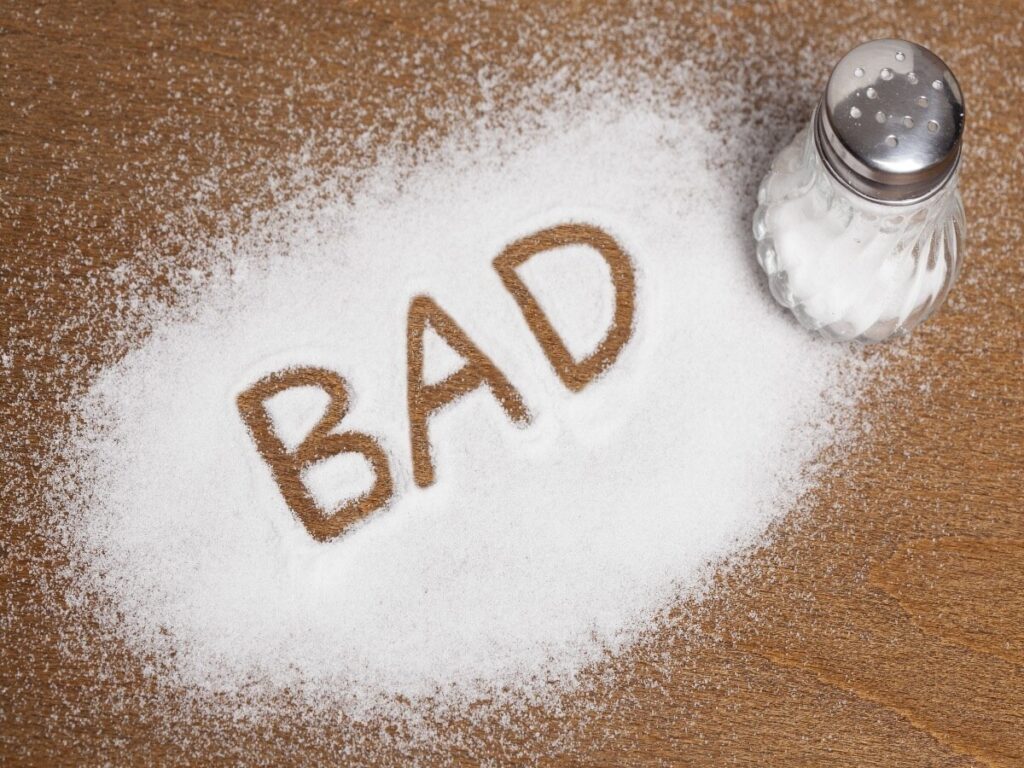Salt is an essential component of our diet, playing a pivotal role in enhancing flavor and preserving food. However, excessive salt intake can lead to serious health issues. It’s crucial to recognize the signs your body may exhibit when you’ve consumed too much salt, allowing you to make informed dietary choices.
Understanding Sodium and Its Role
Sodium, the primary component of table salt, is vital for many bodily functions. It helps regulate blood pressure, supports muscle function, and aids in nerve transmission. However, the recommended daily intake of sodium is approximately 2,300 milligrams for most adults, which equates to about one teaspoon of salt.
Signs of Excessive Salt Consumption
1. Increased Thirst
One of the most common indicators of high salt intake is persistent thirst. When you consume too much sodium, your body requires more water to balance the sodium levels, prompting you to drink more fluids.
2. Swelling and Bloating
High salt consumption can lead to water retention, causing swelling in the hands, feet, and face. This condition, known as edema, occurs when the body holds onto excess fluid due to increased sodium levels.
3. Elevated Blood Pressure
Excess sodium can cause blood vessels to constrict, leading to an increase in blood pressure. This can be particularly dangerous for individuals with pre-existing hypertension or heart conditions.
4. Frequent Headaches
Some studies suggest that high salt intake may be connected to the onset of headaches or migraines, possibly due to the effects of salt on blood pressure.
5. Changes in Urination
Increased salt consumption often leads to more frequent urination as the body attempts to eliminate excess sodium. You may find yourself needing to urinate more often than usual, which can also contribute to dehydration.
How to Manage Your Salt Intake
| Strategy | Description |
|---|---|
| Read Labels | Check sodium content on food packaging to manage your intake effectively. |
| Cook at Home | Prepare meals from scratch to control the amount of salt used in cooking. |
| Use Alternatives | Consider using herbs and spices instead of salt to flavor your food. |
| Stay Hydrated | Drink plenty of water to help counterbalance sodium levels in your body. |
Conclusion
While salt is undeniably essential for flavor and various body functions, moderation is key. Understanding the signs of excessive salt intake can help you make healthier dietary choices. By managing your sodium consumption, you can maintain overall well-being and reduce the risk of health complications associated with high salt levels.
